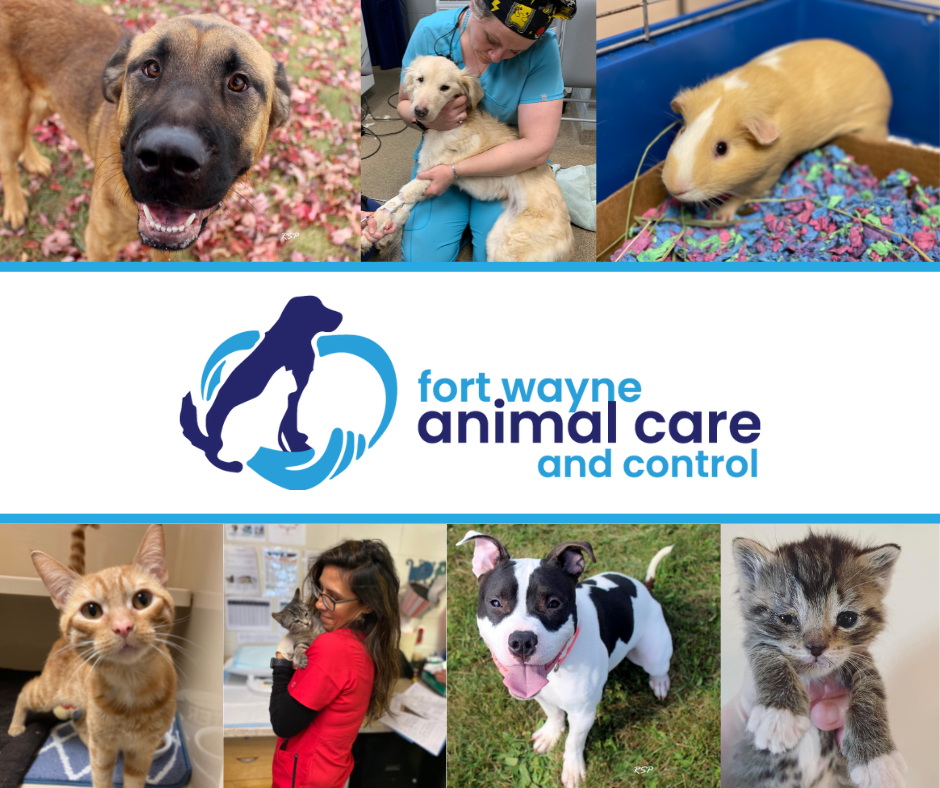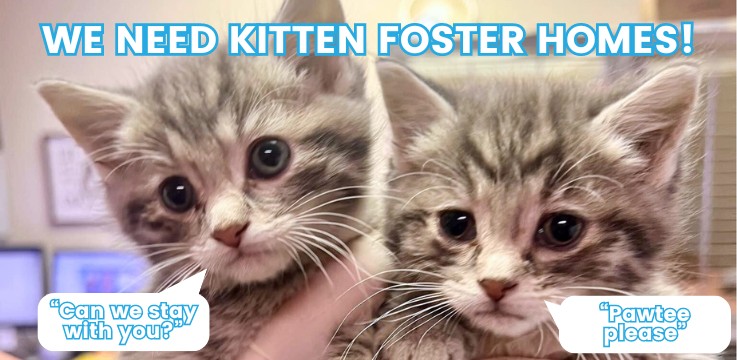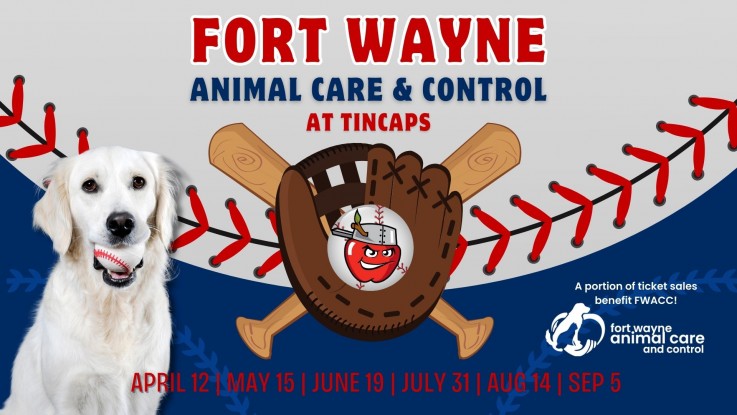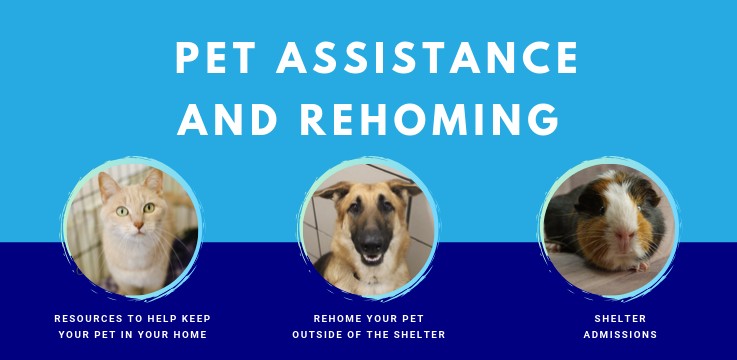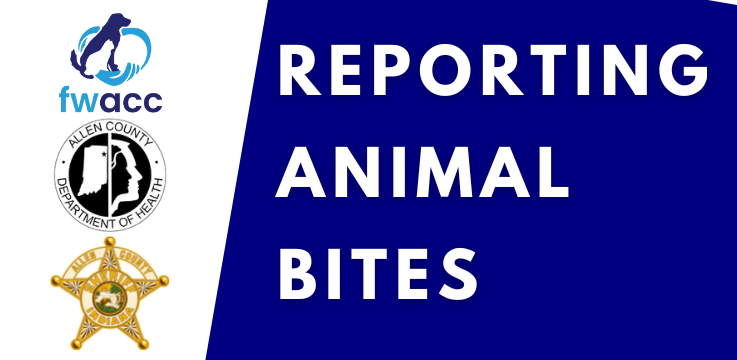
Fort Wayne Animal Care & Control, Allen County Sheriff's Department and Allen County Department of Health want to remind citizens how they can protect their families and pets from animal bites and possible exposure to rabies. The agencies also want to ensure citizens understand the steps they should take to report a bite if it should occur.
In 2021, 1,349 bites or exposures to people and pets were reported to Fort Wayne Animal Care & Control. Exposures are anytime a person or animal comes into contact with a bat, raccoon or other wild animal that could possibly be a carrier of rabies. It's important that ALL animal bites to people and pets are reported to Fort Wayne Animal Care & Control.

WHY REPORTING BITES AND EXPOSURES IS IMPORTANT
Bites must be reported to Fort Wayne Animal Care & Control to ensure proper procedure is followed in the instance the animal and/or person were exposed to rabies. Rabies is a viral disease of the central nervous system that is almost always fatal once symptoms begin. The virus is carried in the saliva of infected animals and is usually transmitted to people and other animals when they are bitten or scratched by the rabid animal. In some instances a biting animal can be tested for rabies. In other cases proper steps and an observation quarantine period must be followed to keep pets and people safe.
DOG/CAT/FERRET BITES
If the biting animal is a dog, cat or ferret it will be required to complete a 10-day quarantine. Many times the animal can complete the quarantine period in its home, while other times the animal may be required to complete the quarantine period at the shelter. Physicians, veterinarians and other medical professionals must report all bites to Fort Wayne Animal Care & Control.
Biting pets are required to show proof of a rabies vaccine and must be microchipped within 30 days of completing a required quarantine.
We understand that some people may be hesitant to report bites because they are worried about what might happen to their dog. We understand that bites happen and it is our goal to keeps pets in their homes when possible. Biting dogs are not automatically euthanized, in fact most biting dogs complete their quarantine period and remain with their families if the owners wish to keep them.
Dog bites are categorized into one of four "Levels" based on the circumstances and severity of bite.
To learn more about Fort Wayne Animal Care & Control ordinances and reporting requirements please click HERE.
BATS
Bats transmit the most human cases of rabies in Indiana. While it is still a low percentage of bats that do carry rabies, a bat that is active during the day, is unable to fly, or is found in a place where bats are not usually seen -- such as a room in your home -- is more likely to be rabid.
Bats present an additional concern because they have small, sharp teeth which may not leave a visible mark. Persons exposed to bats are often given the rabies vaccine as a precaution, especially if the bat is found in a room with a young child or sleeping person.
In many cases, however, the expensive treatment is unnecessary if the bat can be safely captured alive and found to be rabies-free.
If a bat is found inside your home, do not kill it or set it free if there is a chance it may have come in contact with a person or pet. Instead, residents are urged to contain the bat and contact Animal Care & Control immediately so the bat can be tested for rabies.
To safely capture a bat indoors:
- close the windows, room and closet doors
- turn on lights
- wait for the bat to land
- wearing long sleeves and heavy gloves, cover the bat with a pail, coffee can or similar container
- NEVER touch a bat with your bare hands
- call your local animal control office
If you spot a grounded bat outdoors, you can prevent further contact with people and pets by covering it with a pail or similar container and then calling Animal Care & Control at 427-1244 option 1.
WILD ANIMALS
It is against city ordinance to own, house or handle wild animals. Wild animals can transmit diseases to humans. Bats, skunks, foxes, raccoons and coyotes pose the greatest risk of transmitting rabies to humans in the state of Indiana. Dogs and cats can also transmit rabies to humans if they come into contact with an infected wild animal.
If you find baby raccoons or other wild animals that need assistance from an Animal Control Officer DO NOT touch them. Handling wild animals puts them and you at risk.
WHAT TO DO IF YOU'VE BEEN BITTEN
If a bite does occur, immediately wash the wound with soap and water and then seek medical attention. Call Fort Wayne Animal Care & Control at (260) 427-1244 or ask your healthcare provider or the emergency room staff to fax a completed bite report form to (260) 427-5514. ALL BITES MUST BE REPORTED TO FORT WAYNE ANIMAL CARE & CONTROL.
For more information about rabies click HERE.
